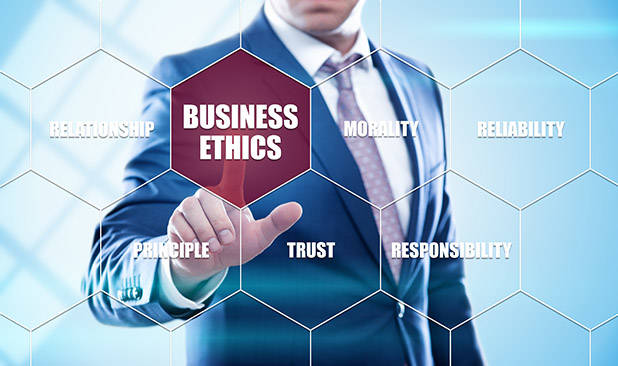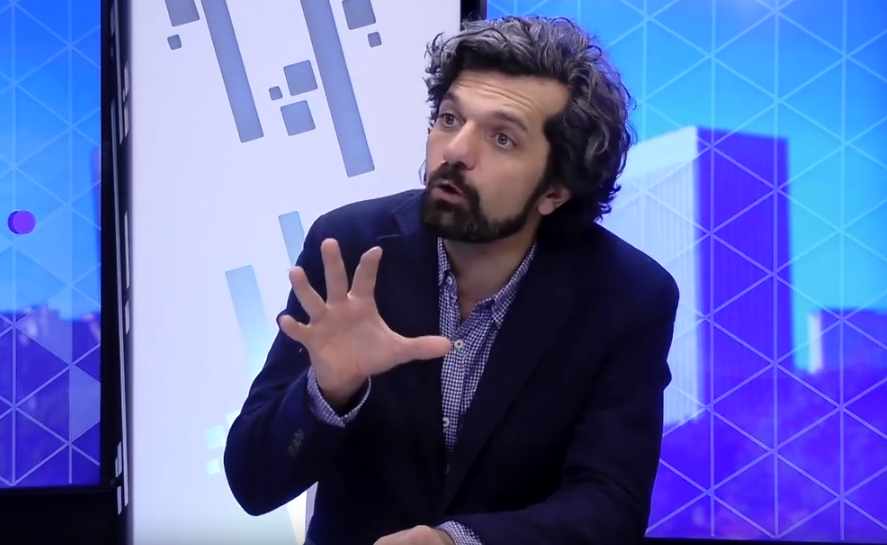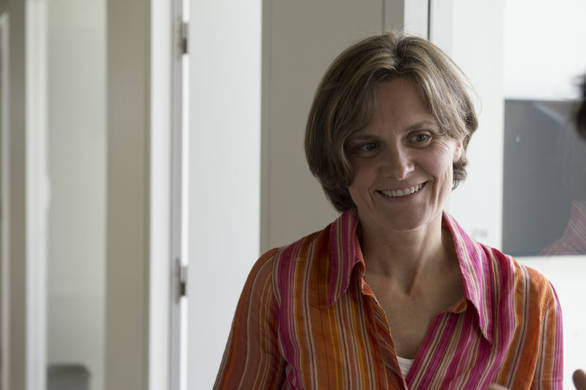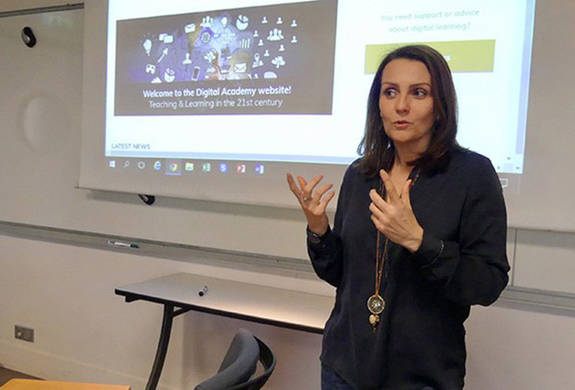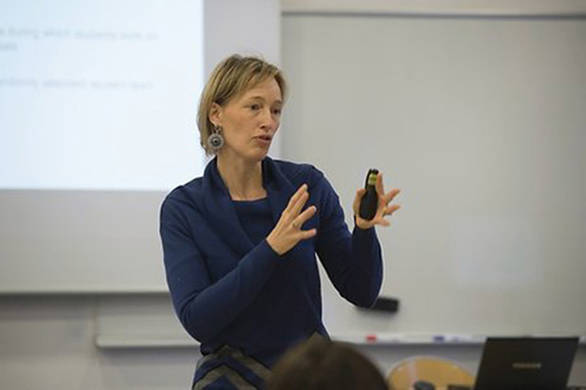Every year, at the start of our course on ethics and sustainability, we face a certain amount of both cynicism and passivity from some MBA students in the classroom. How could thinking about such issues mesh with these students’ focus on business and career? Yet at a time when the environmental and social impact of business is increasingly under the microscope, and stakeholder organizations have exhibited an unparalleled ability to influence both individual businesses and whole sectors, a consideration of social and environmental issues is no less than a business necessity.
Studying topics as diverse as corporate governance, whistle blowers, fraud, complex stakeholder environments, and responsible investing, we use a variety of methods to encourage student engagement. The aim is to challenge students’ assumptions and give them analytical and interpersonal skills that will allow them to make better and more responsible decisions in their future professions.
I really enjoyed the course as it helped us to reflect on ethical and personal issues which are rarely tackled on. The course helped me a lot to reflect on career's perspectives in terms of meaningfulness and focusing on what I would like to do post MBA. - Student
Would you pay a bribe to get a contract?
To start the class on a lively footing, I pose a dilemma related to corruption: Would you pay a bribe to get a contract in the oil sector of a developing market? Often 40 % — and sometimes more — of the students say they would pay the bribe. Students must be able to argue their positions. Those students who would pay the bribe might have presumed that their attitude was the prevailing one. After the poll, they realize that some people have a differing opinion. This creates a constructive tension between the two sides, leading to a debate that is essential for a deep level of engagement in the course.
It brought to evidence the range of positions that motivate people in the business world and where their sense of responsibility lies. - Student
Students tell me that they often continue their discussions of class topics in their group work, in the cafeteria, and elsewhere outside the classroom. A key element to how we conduct the class, and keep the debate open and unhindered, is that the professors do not dictate any particular stance. We are there to moderate a debate among students, giving them the tools to reflect on their decisions and take a long-term view of issues. The class is not meant to transfer content but to inspire and enable questioning. We aim to raise issues that are frequently left out in business education and practice.
Very engaging professor, with tough topics. There was no "this is right/this is wrong" discussions, but mostly debates, which is nice. I was not expecting such a good class, and loved it. - Student
Who are you?
Another key element of the course is that we ask students to examine themselves: Who are you? How do you make decisions? How is your decision-making process different from others’? We have students take the MACH IV survey, an online psychometric questionnaire that measures how Machiavellian their attitudes are. Are their decisions driven by strongly held core values or by the desire to achieve results? Among MBA students, we consistently see that the orientation towards results and expediency is higher than that of the society at large.
Students, who take the survey anonymously, can compare themselves to the class average as well. We ask them to take note of the differences and ask themselves what those differences mean. Suddenly, students become aware that others do not share their beliefs, which leads them to question their opinions and approach to decision making.
Game playing to increase stakeholder awareness
To expand on the work on self-awareness, we do class exercises, such as employing the UN Global Compact Dilemma Game, which, through a roll of the dice, assigns dilemmas in four areas related to business practice: labor, human rights, corruption, and the environment. Players must then choose their stance and make decisions based upon that choice. Others in the group emulate different stakeholders, and question decisions from the point of view of these stakeholders.
By exchanging roles, students have the opportunity to take the role of different parties, which obliges them to see the issue from various points of view. The empathy that the game facilitates — the ability to see the world through diverse viewpoints — is an essential trait for managers today, who must operate in complex situations involving a dense web of parties affected by and/or making claims upon businesses.
Links to the real world
Finally, to bring topics firmly out of the theoretical realm, we emphasize an engagement with working professionals. Mobilizing my research contacts and professional network, I bring the people at the center of the business cases we study to speak to the class, either in person or by Skype. For example, we study Bangladesh’s leading telecommunications companies, Grameenphone, which reaches out to the country’s poorest communities through a variety of initiatives and enables economic self-sufficiency.
I found the majority of the cases we analyzed to be pertinent as practical examples of where businesses failed or struggled to meet societal expectations. - Student
During that session, we invite the company’s founder, Iqbal Quadir, to speak to the class. By examining this case, students are also introduced to a job sector that a traditional MBA course would not introduce, namely an entrepreneurial firm that has been financially quite successful but has also changed the lives of millions of people. We have had talks by directors from social enterprises, international organizations, NGOs, responsible investors, and CSR departments of large firms during different course sessions.
I believe this has been the ethics course with the most insights I’ve had. The situations were not obvious to answer and it meant really looking into your values and impact of decisions. I enjoyed the UN game a lot; I liked that we had some cultural clashes that helped us understand better one another. – Student
To bring ethical questions even closer to home, I raise the situation of former students, now out in the working world. In one case, a former student encountered an ethical dilemma during a restructuring initiative at her workplace. I share with the class an anonymous interview in which she speaks about acting in a way she later regretted, and about the factors that contributed to her actions. Hearing from a former student who is suffering because of her decisions ensures a lively discussion, because students realize they could soon be in the same situation.
Watch the Webinar's replay:
Interview in French on Xerfi Canal:

